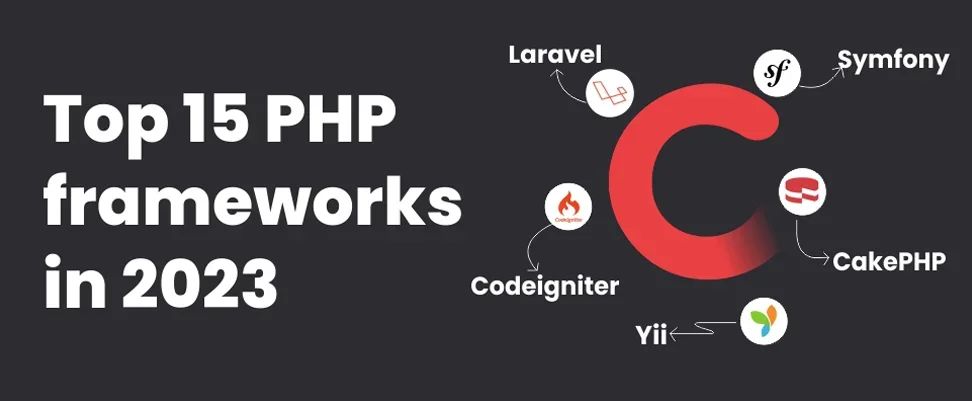Table of Contents
ToggleIntroduction
Websites have evolved significantly over time, becoming more intricate and demanding. PHP frameworks play a vital role in creating these complex websites, powering more than 77% of internet pages. And, when discussing PHP, it’s imperative to talk about PHP frameworks. In this article, we will explore PHP frameworks list and identify the top-listed frameworks in the market.
What is a PHP Framework?
A PHP framework is like a toolbox for building websites with PHP. Moreover, it gives developers tools and guidelines to make the process faster and easier. This means they don’t have to start from scratch and can create websites more efficiently.
Structure and Efficiency: PHP frameworks provide a structured way of building web applications. Moreover, they come with pre-built components and features, making development faster and more efficient.
Cost Savings: By using a PHP framework, developers can leverage pre-existing solutions, thus, reducing the need to build everything from scratch. This can save time and money.
Scalability and Maintainability: Frameworks often follow best practices and design patterns. It, thus, makes it easier to scale your application as it grows. It also facilitates maintenance and updates.
Community Support: PHP frameworks usually have active communities. This means you can find help, resources, and extensions more easily, speeding up development.
Security: Many frameworks come with built-in security features, helping to protect your application from common vulnerabilities.
Performance: Frameworks often include optimizations that can improve the speed and performance of your application.
Factors to Consider When Choosing the Best PHP Framework
You should definitely consider the following factors before choosing the PHP framework that suits your requirement.
Project Requirements: Customization vs. Pre-Made Features
First, think about what your project really requires. So, if your needs are pretty standard and you can use ready-made plugins and components, then you might want to consider platforms like Joomla, Drupal, or WordPress. However, if your needs are unique and require custom coding, then you should lean towards PHP frameworks like Zend, Cake PHP, Code Igniter, Yii, and others. These frameworks provide development tools without any built-in features.
Strong Foundation: Design Patterns
Most frameworks follow a pattern called MVC, which is commonly used in web development. So, you’ll need to check how strictly each framework follows this pattern. Some, like Zend, have a loose implementation of MVC, giving developers more freedom to design. On the other hand, frameworks like Yii, enforce MVC rigorously. Thus, if you want more flexibility in your design, go for Zend. And, if you want to stick to a strict MVC structure, choose Yii.
Database Handling: Making Databases Easier
One of the main reasons to use a framework instead of plain PHP is the built-in database handling. It saves you from the repetitive task of setting up database access. Having said that, some frameworks like Yii, Zend, and Cake PHP go even further by offering ORM (Object-Relational Mapping) support, simplifying database programming. Also, check if the framework’s Data Access Objects (DAO) support connecting to different databases in a uniform way, which is important for complex systems.
Boosting Performance: Caching
Caching is a simple and effective way to speed up a web app. Also, it involves storing data that doesn’t change often in a cache and serving it from there when needed, saving time and resources. The framework should provide a way to handle caching efficiently. Check how each framework handles this to improve your app’s performance.
User Verification: Authentication Built-In
Websites often need to verify who’s using them and limit certain actions to specific users. Authentication checks if someone is who they say they are, while authorization decides what actions they can perform. So, frameworks should come with built-in modules for both authentication and authorization, allowing flexibility in implementing these rules.
Security: Protecting Against Attacks
Frameworks must have strong security features to prevent common web application vulnerabilities like Cross-Site Scripting (XSS), Cross-Site Request Forgery (CSRF), and cookie attacks. Developers need to be aware of these issues, and the framework should provide guidance on building secure applications.
Documentation and Community Support: Easy Learning Curve
Every framework comes with a learning curve. It’s essential to check if the framework has a good community support and well-documented features. Having access to sample code, active forums, and a supportive community can make it easier for developers to understand and use the framework.
Additional Considerations: Modules, Templates, AJAX, Testing
In addition to the main factors mentioned, developers should also consider other factors like the availability of modules, ease of creating templates, support for AJAX (for interactive web components), etc. Also, other factors such as unit testing capabilities, adherence to XHTML standards, and the framework’s support for object-oriented methodologies should be considered.
These factors will help you make an informed decision when choosing the right framework for your PHP web development project. Keep in mind that the specific needs of your project and your team’s expertise should guide your final choice.

Don't miss out on your chance to work with the best
apply for top global job opportunities today!
Top 15 PHP Frameworks List in 2023
Here’s a comparison table of the top PHP frameworks list in 2023:
| Framework | Release Year | Architecture | Templating | ORM/Database | Routing | Use Cases |
|---|---|---|---|---|---|---|
| Laravel | 2011 | MVC | Blade | Eloquent | Built-in | Rapid web application development, RESTful APIs, CMS |
| Symfony | 2005 | MVC | Twig | Doctrine | Powerful | Enterprise-level applications, scalability, complex projects |
| CodeIgniter | 2006 | HMVC | Custom | Custom | Built-in | Small to medium-sized web apps, prototyping, performance |
| Yii | 2008 | MVC | Twig/Smarty | Yii Active | Built-in | Modern web apps, security-focused, e-commerce |
| Phalcon | 2012 | C-extension | Volt | Phalcon ORM | Built-in | High-performance apps, real-time apps, low-level control |
| Zend Framework (Laminas) | 2006 | Middleware | Plates | Laminas ORM | Custom | Middleware, integrating with legacy systems, customization |
| CakePHP | 2005 | MVC | Blade | Eloquent | Built-in | Rapid web app development, content-heavy sites, security |
| Slim | 2012 | Micro | Custom | Custom | Built-in | Microservices, lightweight apps, APIs, prototypes |
| Laminas (formerly Zend) | 2020 | Middleware | Plates | Custom | Custom | Middleware, enterprise projects, security-focused |
| FuelPHP | 2011 | HMVC | Blade | Fuel ORM | Built-in | Modular architecture, prototyping, HMVC |
| PHPixie | 2012 | HMVC | Mustache | Custom | Built-in | High-performance apps, real-time apps, ORM efficiency |
| Fat-Free Framework(F3) | 2009 | Micro | Custom | Custom | Custom | Small to medium-sized web apps, rapid development |
| Aura | 2011 | Micro | Plates | Custom | Custom | Decoupled components, code reusability, custom solutions |
| Silex | 2012 | Micro | Custom | Custom | Custom | Microservices, lightweight apps, APIs, prototypes |
| Flight | 2011 | Micro | Custom | Custom | Custom | Lightweight apps, microservices, simple projects |
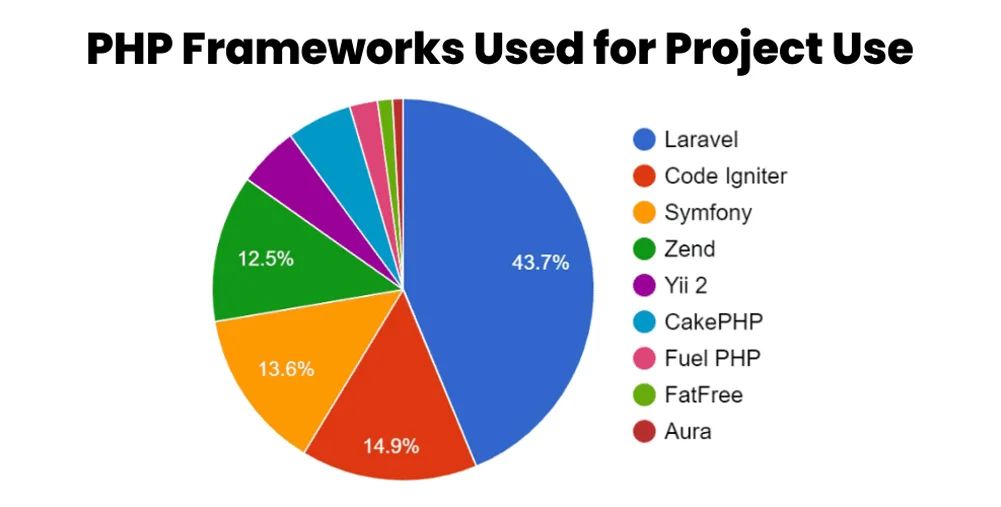
1. Laravel
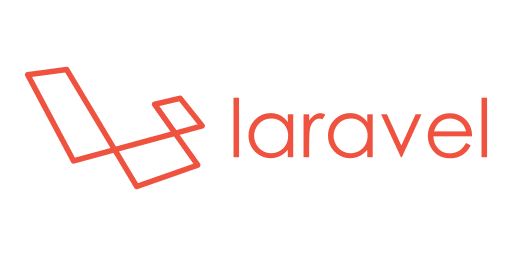
Laravel is the most popular PHP framework with over 1.3 million websites using the framework, including 284,000+ websites hosted in the United States. Moreover, Laravel is known for its elegant syntax and a wide range of built-in features. It also offers an expressive ORM called Eloquent, a powerful templating engine called Blade, and a variety of tools for tasks like routing, authentication, and caching.
Pros: Quick development, a comprehensive ecosystem of packages called as Laravel Collective, great documentation, and a strong community.
Cons: Laravel has a steep learning curve for beginners. Also, the framework can be heavy than some micro-frameworks.
Use Cases: Laravel is perfect for building web applications such as content management systems (CMS), RESTful APIs, and e-commerce sites.
2. Symfony
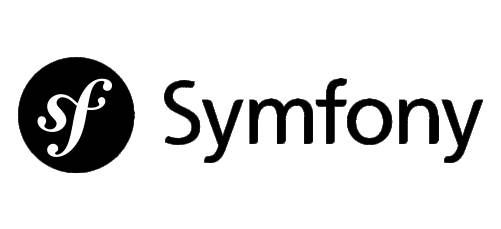
Symfony is a full-stack framework. It offers reusable components, thus, making it highly modular. It also offers extensive libraries for varied tasks such as forms, security, and database handling.
Pros: Offers amazing customization options, great performance, well-documented, and long-term support (LTS) versions.
Cons: It has a steeper learning curve due to its extensive features.
Use Cases: Symfony is perfect for large-scale enterprise applications, web services and RESTful APIs.
3. CodeIgniter
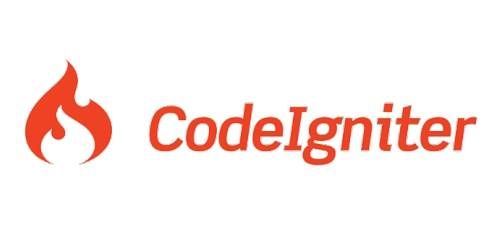
CodeIgniter is a framework that is lightweight and easy-to-use. It has a small footprint. Morever, it comes with features like the Model-View-Controller (MVC) pattern, form validation, and database abstraction.
Pros: It is an easy framework to learn for beginners. It is also lightweight, fast, and straightforward to set up.
Cons: It has limited in-built features than other full-stack frameworks .
Use Cases: CodeIgniter is perfect for small and medium-sized projects. It is also great for prototyping.
4. Yii
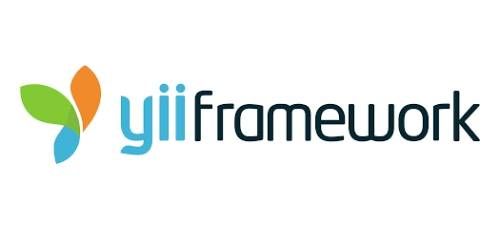
Yii is popularly known for its speed and performance. It offers a powerful ORM. Also, it comes with easy-to-use code generation tools, and sturdy caching support.
Pros: It offers strong security features.
Cons: It has a steep learning curve for beginners. Also, it has a smaller community compared to other frameworks.
Use Cases: Yii is best suited for large-scale projects, high-performance web applications, requiring intensive database operations.
5. Phalcon
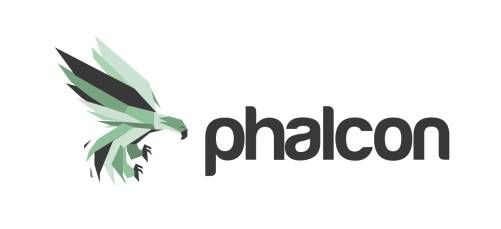
Phalcon is implemented as a C extension and offers exceptional speed. It also has interesting features such as caching, asset management, and universal autoloading.
Pros: It offers fast performance and leaves small memory footprint.
Cons: It offers very limited hosting support, Moreover, it has a smaller community.
Use Cases: Phalcon is perfect for web applications that require high performance. It is useful when you need the fastest possible response times.
6. Zend Framework
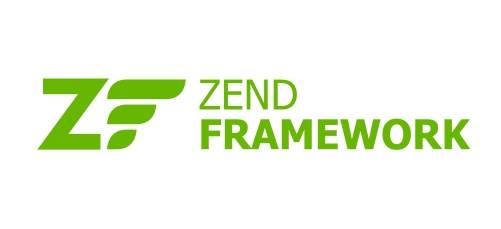
Zend Framework, which is now called as Laminas offers excellent customizable components. It’s best known for its security features and flexibility.
Pros: It has strong security features and exclusive database support.
Cons: It is a complex framework for complexity for smaller projects,
Use Cases: It is perfect for creating large-scale enterprise applications with a focus on security.
7. CakePHP
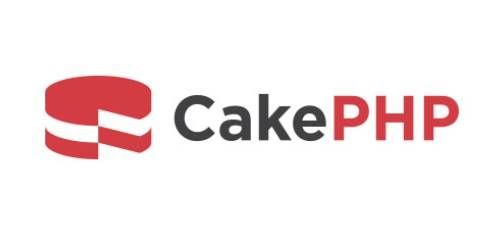
CakePHP is a framework that is convention-based with inbuilt security features. Moreover, it follows the MVC pattern and has features such as CRUD scaffolding.
Pros: Easy testing capabilities, in-built security.
Cons: Limited flexibility options compared to some frameworks, smaller ecosystem.
Use Cases: CakePHP is best for building heavy CRUD applications, prototyping, and also small-sized web applications.
8. Slim
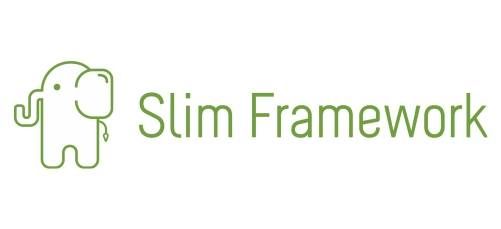
Slim is a micro-framework. It is simple and minimal. It is also good for building RESTful APIs and small web applications.
Pros: Lightweight, minimalistic, straightforward API development.
Cons: Limited built-in features, not suitable for large-scale applications.
Use Cases: Slim is ideal for developing RESTful APIs and microservices.
9. FuelPHP
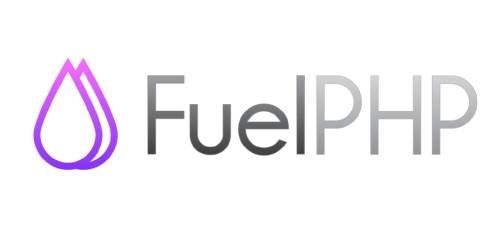
FuelPHP is modular and supports both MVC and HMVC architectures. It also emphasizes on security, including URL filtering and output encoding.
Pros: Powerful ORM, robust security features, HMVC support.
Cons: Smaller ecosystem, limited community support.
Use Cases: FuelPHP is ideal for applications requiring advanced MVC or HMVC architectures, and a strong focus on security.
10. PHPixie
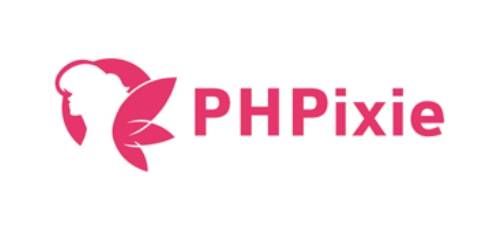
PHPixie is a full-stack PHP framework designed for high performance. It also follows the HMVC pattern and provides a developer-friendly environment.
Pros: Lightweight, fast, support for HMVC architecture.
Cons: Smaller ecosystem, slower update frequency.
Use Cases: PHPixie is suitable for those seeking high-performance and a developer-friendly framework for web applications.
11. Fat-Free Framework (F3
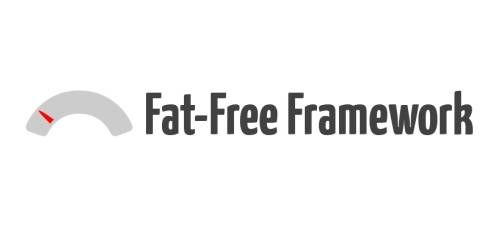
Features: F3 is a lightweight, modular framework with minimal setup required. Moreover, it focuses on being easy to learn and use.
Pros: Lightweight, minimal setup, beginner friendly.
Cons: Limited built-in features compared to larger frameworks.
Use Cases: F3 is excellent for beginners, prototyping, and also when you need a minimalistic framework with quick setup.
12. Aura
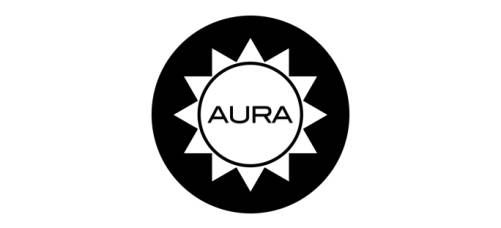
Aura provides a collection of independent libraries rather than a full-stack framework. Moreover, it emphasizes on flexibility and adherence to SOLID principles.
Pros: Highly modular, adhere to SOLID principles, flexible.
Cons: Requires more assembly compared to full-stack frameworks.
Use Cases: Aura is suitable for developers who prefer assembling components for specific project needs, adhering to best practices.
13. Silex
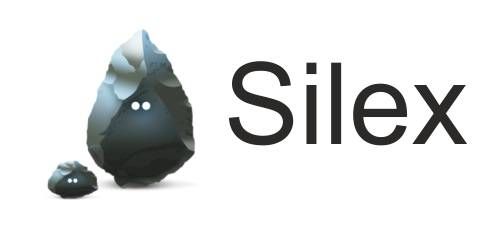
Silex is a micro-framework built on Symfony components, designed for small applications and microservices.
Pros: Lightweight, uses Symfony components, minimal setup.
Cons: Limited built-in features, not suitable for large-scale applications.
Use Cases: Silex is ideal for small web applications and microservices when you want to leverage Symfony components.
15. Flight

Flight is an extremely lightweight and simple micro-framework with a focus on minimalism.
Pros: Ultra-lightweight, minimalistic, quick setup.
Cons: Extremely limited built-in features, not suitable for complex applications.
Use Cases: Flight is suitable for the simplest of web applications and when you need an ultra-lightweight framework for specific tasks.
Concluding Thoughts
In conclusion, selecting the best PHP framework depends on your project’s specific requirements and your team’s expertise. Evaluate these factors carefully to make an informed choice and create successful web applications. If you are looking to hire developers with expertise in PHP, then sign up with Olibr now!
FAQs
PHP frameworks are pre-built, organized, and reusable code libraries that help developers build web applications more efficiently. They provide a structured foundation, saving time and effort in development.
Popularity can vary, but as of 2023, Laravel and Symfony continue to be among the most popular PHP frameworks, known for their robust features and large communities.
Laravel is known for its elegant syntax and developer-friendly features, making it a good choice for beginners. Symfony is more modular and offers greater flexibility for larger and complex projects.
CodeIgniter is still used by many developers, especially for smaller projects, due to its simplicity and ease of use. However, it may not be the best choice for large-scale or complex applications.
Take control of your career and land your dream job
sign up with us now and start applying for the best opportunities!


